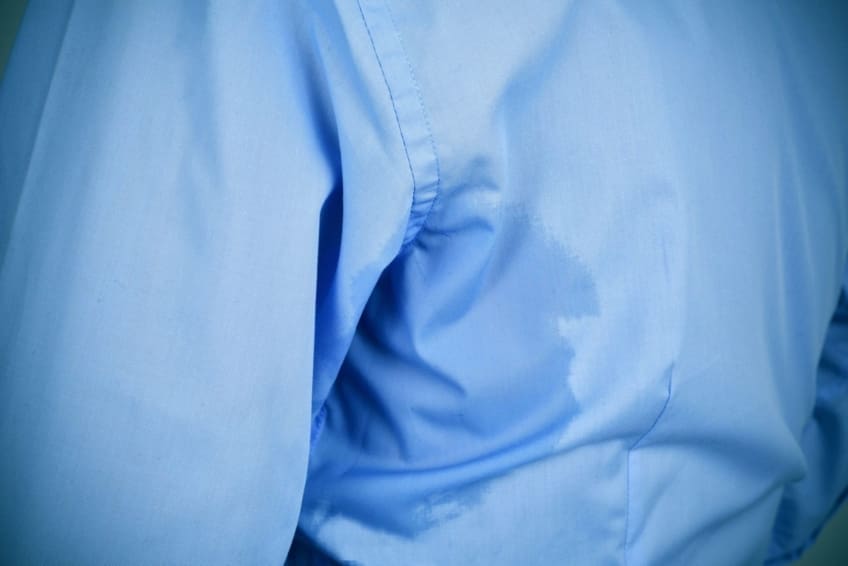
What is hidradenitis suppurativa?
Hidradenitis suppurativa (HS) is a chronic (long-term) skin disease. HS is considered a severe form of acne. People who have it develop painful red bumps or sores in places where they grow hair. This includes the armpits, groin, genitals, and anal area. They also can occur in places where the skin rubs together. This includes between the thighs or under the breasts for women.
Symptoms of hidradenitis suppurativa
The main symptom of HS is painful red bumps. The bumps get bigger, become inflamed, and leak pus. They form large sores and blisters. HS can itch and cause a foul odor in the affected area.
What causes hidradenitis suppurativa?
HS occurs when sweat glands and hair follicle openings become blocked. Doctors don’t know why this happens. Poor hygiene does not cause this condition. It is not contagious. You cannot get it from or pass it to anyone.
HS is more common in women than men. People who have a history of acne are at a greater risk. HS may run in families.
How is hidradenitis suppurativa diagnosed?
If you have any of the symptoms mentioned above, see your doctor. They can tell if you have HS by looking at the affected skin. The doctor may test a sample of your skin cells (biopsy) or pus from the bumps. This can rule out other issues and confirm the diagnosis.
Can hidradenitis suppurativa be prevented or avoided?
It is difficult to prevent HS or flare-ups caused by the disease. However, obesity and smoking are related to this condition. Quitting smoking and healthy eating and exercise may help to prevent the likelihood of HS and limit flare-ups in those that have it.
Hidradenitis suppurativa treatment
There is no cure for HS. The goal of treatment is to relieve symptoms. The type of treatment you receive depends on how severe your condition is. For mild cases, apply a warm compress to the affected area. Wash the area with anti-bacterial soap. Non-steroidal anti-inflammatory drugs (NSAIDs) can help reduce swelling and relieve pain.
More severe cases may require antibiotics. These can be topical (applied to your skin) or oral (taken by mouth). Antibiotics help prevent or treat infection. For some people, HS gets worse over time. Scarring can occur in the affected area. These people may need surgery to remove the sores and scars. People who have surgery to remove HS may get it again.
Living with hidradenitis suppurativa
Treatment can help manage the symptoms of HS. It may help to avoid:
- Tight, synthetic clothing
- Hot, humid climates
- Shaving
- Using deodorant
- Stress
Try to lose weight if you are overweight. Also work to stay healthy by exercising and getting enough sleep.
For some, living with HS can be embarrassing or cause feelings of guilt. It is important to remember that this is not a contagious condition, and it is not due to poor hygiene. If you are stressed or embarrassed about HS, you should talk to your doctor.
Questions to ask your doctor
- Do I have hidradenitis suppurativa?
- What treatment is best for me?
- Do I need to take medicine? If so, for how long and what are the side effects?
- How do I know if I need surgery?
- Are there any lifestyle changes I can make to relieve my symptoms?
- Will I always have HS, or will it go away on its own?
- If I have surgery to remove HS, what is the chance of it coming back?
- What should I do if my condition gets worse?
![]()
Copyright © American Academy of Family Physicians
This information provides a general overview and may not apply to everyone. Talk to your family doctor to find out if this information applies to you and to get more information on this subject.









